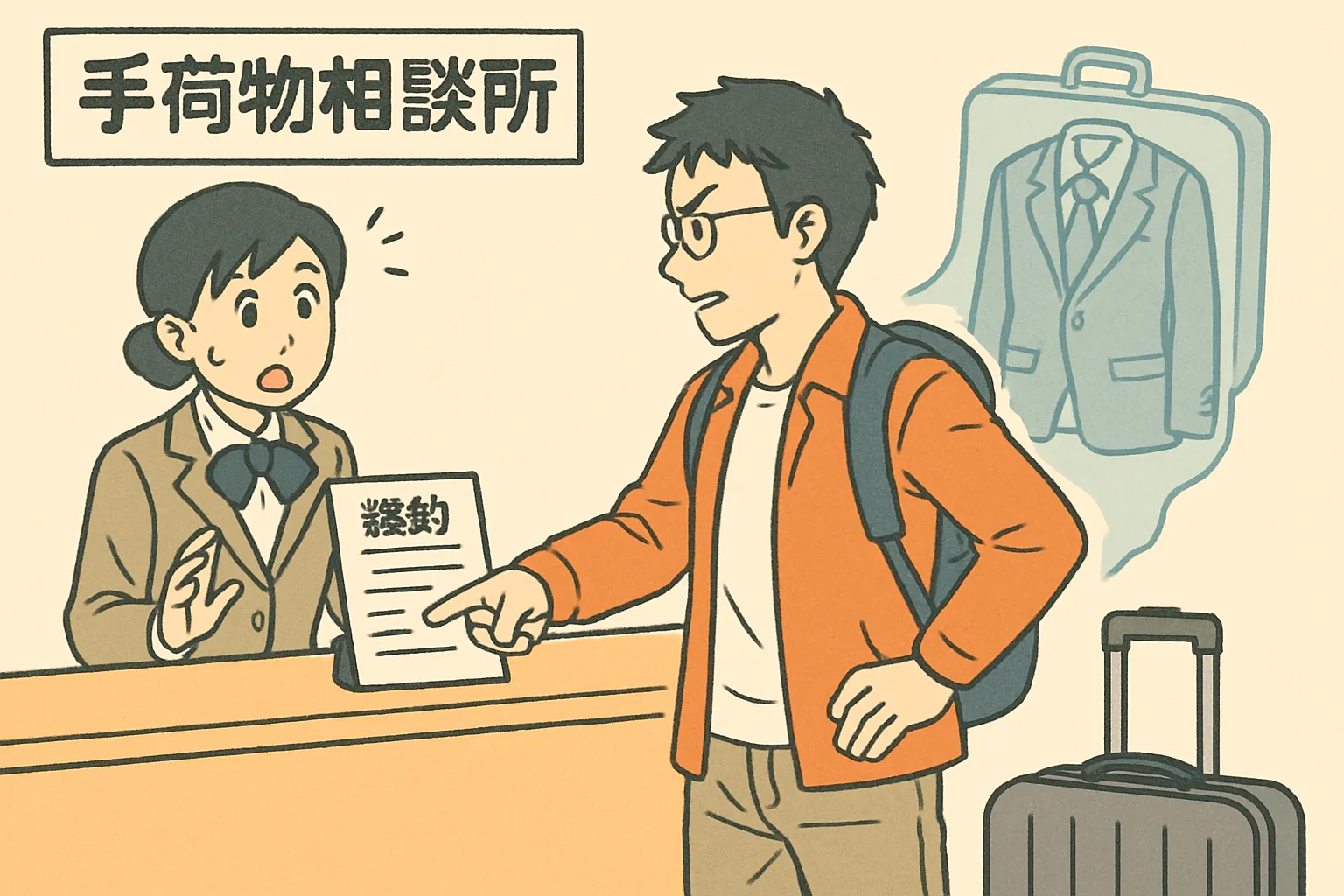Faint Like a K-Drama Lead? Essential Korean Phrases!
Hello! This is Maeil Hangul (Daily Korean), here to upgrade your Korean skills!
Have you ever been watching a K-drama when the main character suddenly gasps, their vision blurs, and they start to sway? It’s a classic scene! Whether it’s from the shock of a secret birthright or the stress of working for a handsome but demanding CEO, feeling dizzy is a common trope.
While we hope your trip to Korea is far less dramatic, knowing how to express that you’re feeling unwell is a crucial survival skill. Today, we’ll learn how to say you’re dizzy or feel faint, so you can get help when you need it. Let’s get started!
Core Expressions You Must Know
Here are three essential phrases to use when the world starts spinning.
- 한국어 표현: 어지러워요
- 발음 [로마자]: Eojireowoyo
- 영어 뜻: I’m dizzy.
- 상세 설명: This is the most common and direct way to say you’re feeling dizzy. It comes from the verb 어지럽다 (eojireopda). The -요 (-yo) ending makes it polite, so you can use it with anyone, from a friend to a doctor or a helpful stranger. It’s the first phrase you should reach for!
-
한국어 표현: 눈앞이 캄캄해요
- 발음 [로마자]: Nun-api kam-kam-haeyo
- 영어 뜻: My vision is going black. (Literally: “The space in front of my eyes is pitch black.”)
-
상세 설명: This is a more descriptive and urgent phrase. Use this when your dizziness is severe and you feel like you might lose consciousness. 눈앞 (nunap) means “in front of the eyes,” and 캄캄하다 (kamkamhada) means “to be pitch black.” It vividly paints a picture of how you’re feeling.
-
한국어 표현: 쓰러질 것 같아요
- 발음 [로마자]: Sseu-reo-jil geot ga-ta-yo
- 영어 뜻: I think I’m going to collapse/faint.
- 상세 설명: This is a clear call for help. 쓰러지다 (sseureojida) means “to fall down” or “to collapse.” The grammar pattern -ㄹ/을 것 같다 (-l/eul geot gata) means “I think…” or “It seems like…”. When you say this, people will understand the situation is serious and that you need to sit or lie down immediately.
Example Dialogue
Let’s see how these phrases work in a real-life conversation. Imagine two friends, Minjun and Chloe, waiting in a long line for a concert.
A (Minjun): 클로이, 괜찮아? 얼굴이 너무 창백해.
(Chloe, are you okay? Your face is so pale.)
B (Chloe): 잘 모르겠어. 갑자기 너무 어지러워요.
(I’m not sure. I suddenly feel so dizzy.)
A (Minjun): 어떡해! 물이라도 마실래? 혹시 아침 안 먹었어?
(Oh no! Do you want to drink some water? Did you skip breakfast by any chance?)
B (Chloe): 응… 너무 떨려서 못 먹었어. 이제 눈앞이 캄캄해요. 나 정말 쓰러질 것 같아요.
(Yeah… I was too excited to eat. Now, my vision is going black. I really think I’m going to collapse.)
A (Minjun): 안돼! 여기 앉아봐. 내가 가서 물 좀 사 올게! 잠깐만 기다려!
(No! Sit here. I’ll go buy some water! Wait just a moment!)
Culture Tip & K-Drama Deep Dive
So, why do K-drama characters faint so often?
In dramas like “Boys Over Flowers” or “The Heirs,” fainting is a powerful plot device. It shows extreme physical or emotional distress and often creates a dramatic moment for the romantic lead to swoop in and save the day. It’s a shortcut to show vulnerability and create a memorable, heart-fluttering scene.
However, in real life, health is no joke in Korea! If you use any of the phrases we learned today, people will take you seriously. Especially during the hot and humid Korean summers, many people suffer from something called 더위 먹다 (deowi meokda), which means to get sick from the heat. Feeling dizzy is a common symptom.
So, don’t be afraid to speak up if you’re not feeling well. Your health is more important than being shy! Knowing these phrases shows you’re prepared, and Koreans will be happy to help you.
Let’s Practice!
You did an amazing job today! Let’s quickly review what you’ve learned.
- Fill in the blank: You’ve been on the subway during rush hour for a long time, and you start to feel unwell. You turn to the person next to you and say: “죄송한데, 너무 ________. 잠시 앉을 수 있을까요?” (Excuse me, I’m so ________. Could I possibly sit for a moment?)
-
Make a sentence: Imagine you just saw your favorite K-pop idol in person. How would you dramatically tell your friend you were so shocked you almost fainted? (Hint: Use 쓰러질 것 같아요).
You’re now equipped with essential phrases for an emergency. Stay safe and healthy on your Korean adventures!
Leave your answers to the practice questions in the comments below! We’d love to see you try them out.






